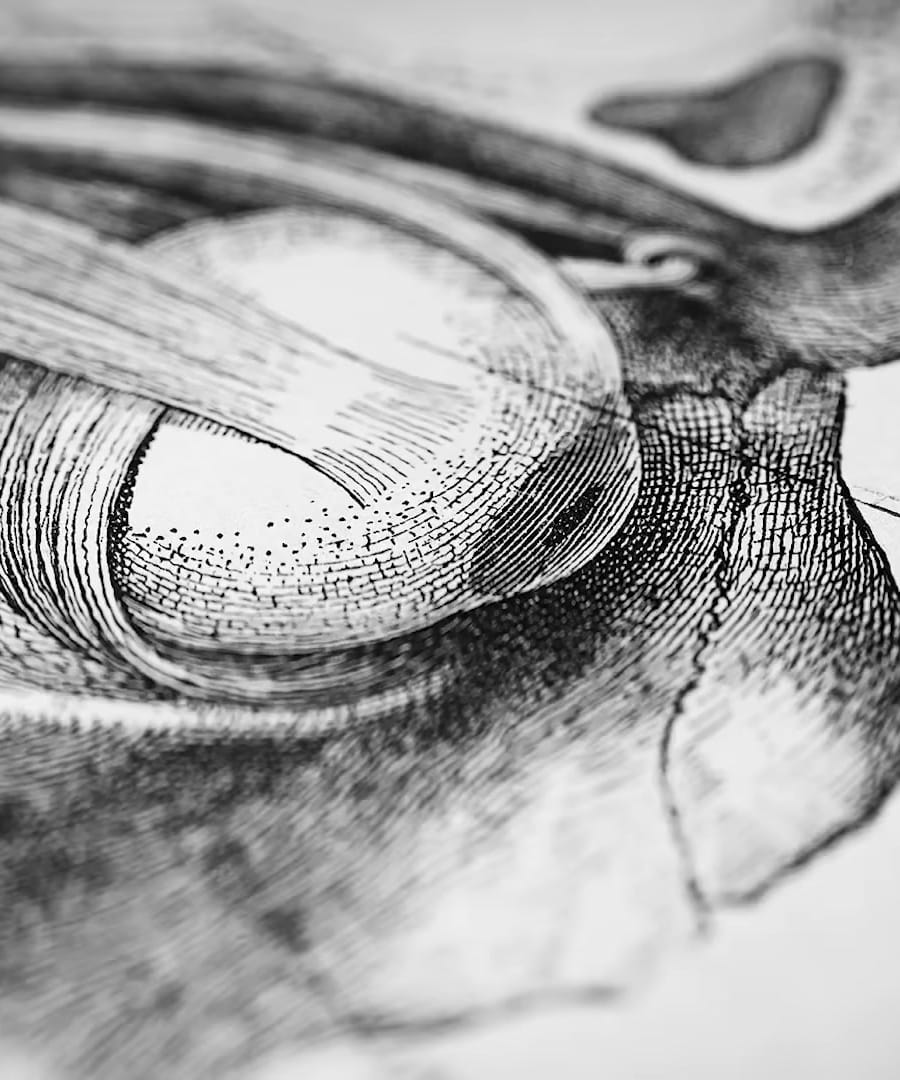headache
Sources:
Headaches can vary in type and underlying cause, and the has explored different science-based approaches to address them. Here's a summary of key insights provided by related to headaches:
-
Headache Types: A variety of headaches exist, such as sinus, migraine, tension, and cluster headaches, each with its own underlying biology 1.
-
Omega-3 Fatty Acids: Increasing intake of Omega-3 fatty acids, particularly 1 gram per day of EPA, can help reduce the frequency and intensity of tension headaches and migraine headaches. Omega-3s are also suggested for hormonal headache relief 2 3.
-
Migraine Headaches: Migraines are more common in females and may occur independently of hormonal cycles. Pregnancy seems to protect against migraines for some women 4.
-
Tension Headaches: Commonly treated with nonsteroid anti-inflammatory drugs (NSAIDs); however, NSAIDs can have side effects like liver damage and reducing exercise benefits. Alternative treatments are explored 5.
-
Caffeine and Headaches: Caffeine can relieve caffeine withdrawal-induced headaches. Its role as both a vasoconstrictor and vasodilator means it might help or worsen headaches depending on underlying mechanisms and individual circumstances 6.
-
Peppermint and Eucalyptus Oils: These have been studied for their effectiveness in reducing tension related to headaches. Applying these oils to the temples and forehead has been shown to affect muscle tension and pain perception in headache-induced experiments 7.
For more details and a thorough exploration of the science behind headaches and their treatments, you can listen to the full episode "".
RELATED QUESTIONS-
headache
- RELATED QUESTIONS






